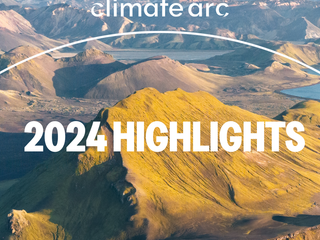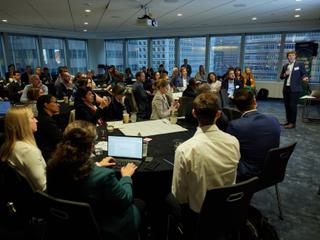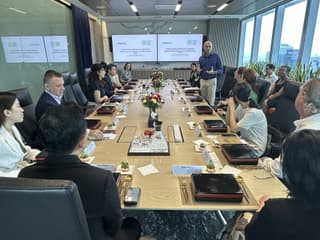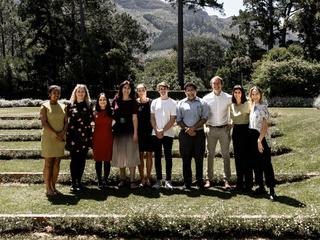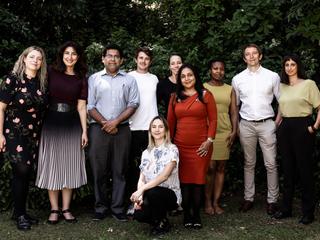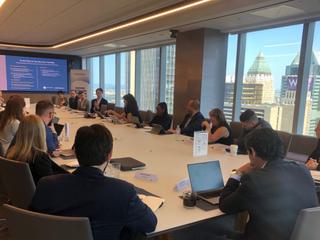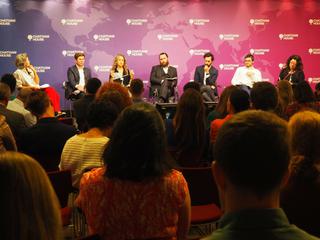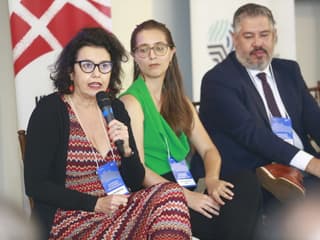News
Read about our latest research findings, tool updates, and events.
Enhancing transition analysis with powerful new data, features, and visualizations in TransitionArc
Since TransitionArc’s launch in June 2024, Climate Arc has been working closely with partners to enhance and improve the decision-usefulness of the analysis and are delighted to announce new features that allow users to dig deeper.

